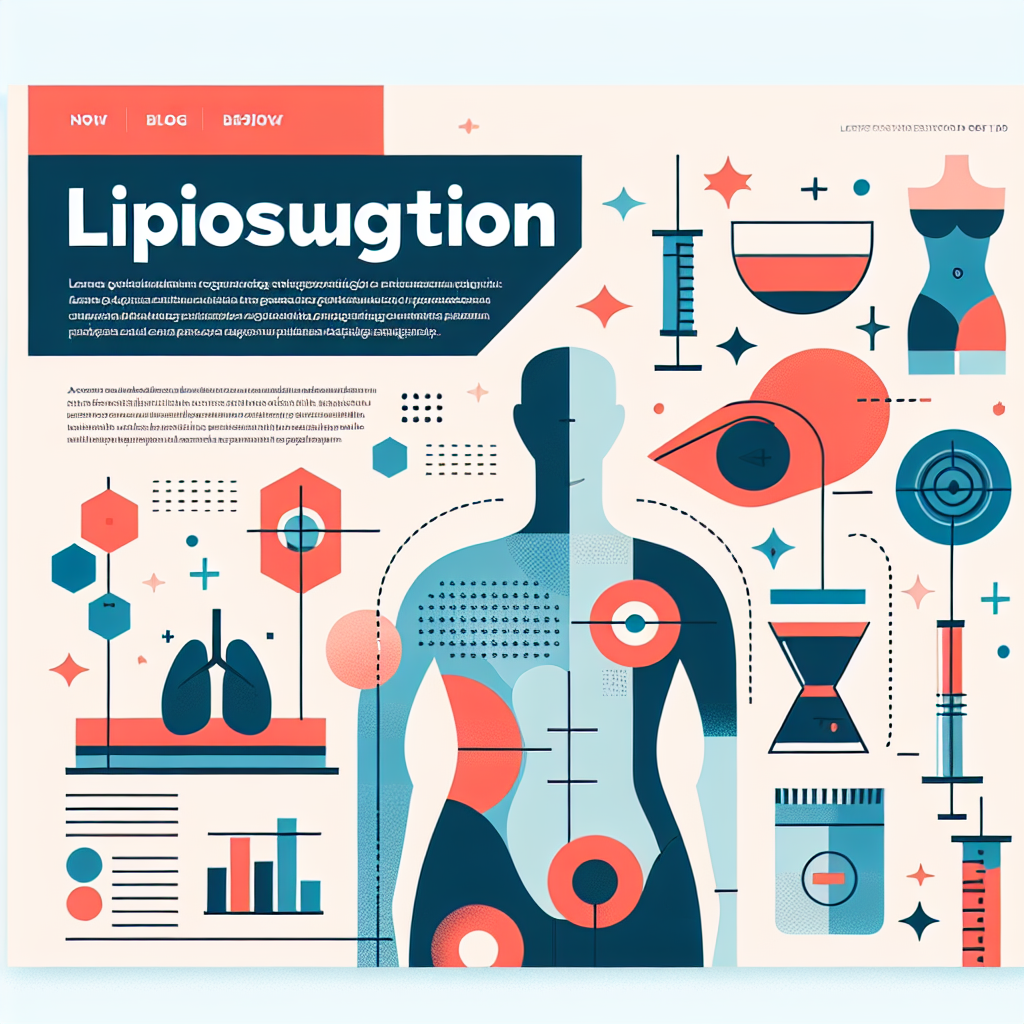If you’re wondering how to get liposuction for free, this practical overview outlines realistic routes, trade-offs, and safer alternatives. Liposuction is a surgical procedure with costs tied to surgeon fees, facility charges, anesthesia, and follow-up care, so truly free options are limited. However, there are legitimate pathways to reduce or eliminate out-of-pocket expenses through medical necessity, research participation, academic programs, charitable care, or creative financing — each with its own eligibility criteria and risks. This guide will help you evaluate options responsibly and consider non-surgical approaches that may meet your goals without the same financial burden.
How to Obtain Liposuction for No Cost
When people search for ways to access cosmetic procedures at no cost, they often assume only charity or giveaways are available. In practice, opportunities usually fall into several categories: medically indicated cases covered by insurance, participation in clinical trials, teaching hospitals and residency clinics, charitable programs, and promotional offers or contests. Below is a breakdown of each path so you can decide which aligns with your situation.
Insurance and Medical Necessity
Insurance typically covers procedures that are deemed medically necessary. Liposuction is usually classified as cosmetic, but there are exceptions — for example, the surgical removal of fatty tissue in cases of lipedema or severe panniculus causing recurrent infections. To pursue coverage, obtain thorough documentation from your primary care physician or specialist, including imaging, history of conservative treatment failure, and clear functional impairment. Even then, preauthorization is required and denials are common.
Clinical Trials and Research Studies
Clinical trials sometimes offer procedures at no cost when researchers are testing new techniques, devices, or combinations of treatments. Participation can reduce or eliminate procedure costs, but involves strict inclusion criteria, protocol visits, and potential risks of experimental approaches. Search registries like ClinicalTrials.gov or consult academic medical centers to find trials related to body-contouring or fat-removal technologies. Review consent documents carefully and discuss with an independent physician if possible.
Teaching Hospitals, Residency Clinics, and Surgeon Training Programs
Academic centers and residency programs often provide lower-cost or complimentary procedures as part of surgeon training, under the supervision of attending physicians. These programs can be an accessible route to low-cost liposuction, though scheduling may be longer and the case handled by a trainee. Ask about supervision levels, complication rates, and what support is available in follow-up care.
Charitable Organizations and Grants
Some non-profits and medical charities offer financial assistance for reconstructive procedures that improve quality of life. While pure cosmetic liposuction is rarely funded, charity programs sometimes support patients with post-massive-weight-loss excess tissue or reconstructive needs. Local hospitals may maintain lists of community resources; social workers can help identify potential grants.
Promotions, Contests, and Financing Options
Surgeons and clinics occasionally run promotional offers, discounts, or contests that can reduce costs substantially, and some provide interest-free financing for qualified applicants. These are not “free” in the strict sense, but they can make treatment affordable. Carefully read terms and watch for hidden fees or high deferred-interest plans.
Non-Surgical Alternatives and Lifestyle Approaches
If free liposuction is not available, or you prefer a less invasive route, consider evidence-based non-surgical options such as supervised weight-loss programs, targeted exercise regimens, and medically supervised body-contouring technologies. Some devices offer fat reduction with minimal downtime, though multiple sessions and maintenance may be required. For skin and superficial improvements, sustainable skincare and topical approaches can support overall results — learn more about complementary routines and eco-friendly options in this eco-friendly skincare practices.
Safety, Risks, and Informed Decision-Making
Seeking low-cost or free liposuction increases the need for careful vetting. Verify surgeon credentials, facility accreditation, and review complication rates. Avoid offers that seem too good to be true; unsafe or unlicensed providers can lead to serious complications. Reliable background information on the procedure and typical outcomes can be found in reputable medical references such as the procedure overview on Wikipedia: Liposuction — medical overview.
Practical Steps to Pursue Options
- Document medical symptoms and conservative treatments tried to support insurance appeals.
- Search clinical trial registries and contact academic centers for available studies.
- Speak with hospital social workers about charitable assistance or grants.
- Compare residency clinics and confirm supervision and aftercare policies.
- Ask about financing and read all terms before committing to promotional offers.
Takeaways
- Truly free liposuction is rare; realistic routes include insurance for medical cases, trials, or teaching clinics.
- Clinical trials and residency programs can reduce costs but have eligibility and logistical trade-offs.
- Always prioritize safety: verify credentials, facility accreditation, and clear informed consent.
- Non-surgical, lifestyle, and skincare approaches can be viable alternatives or complements.
Is liposuction ever covered by insurance?
Sometimes. Insurance may cover fat-removal surgery when it’s medically necessary (e.g., lipedema, severe panniculus with recurrent infections). Coverage requires thorough documentation and preauthorization; cosmetic-only procedures are generally excluded.
Can clinical trials provide free cosmetic surgery?
Occasionally. Trials testing new devices or techniques may cover procedures and follow-up care for enrolled participants, but studies have strict inclusion criteria and potential risks. Review study protocols and consent forms carefully before enrolling.
What questions should I ask a low-cost clinic or residency program?
Ask about surgeon supervision, complication and revision policies, facility accreditation, who provides anesthesia, and what aftercare and emergency support are available. Confirm all costs and get written agreements to avoid unexpected fees.






